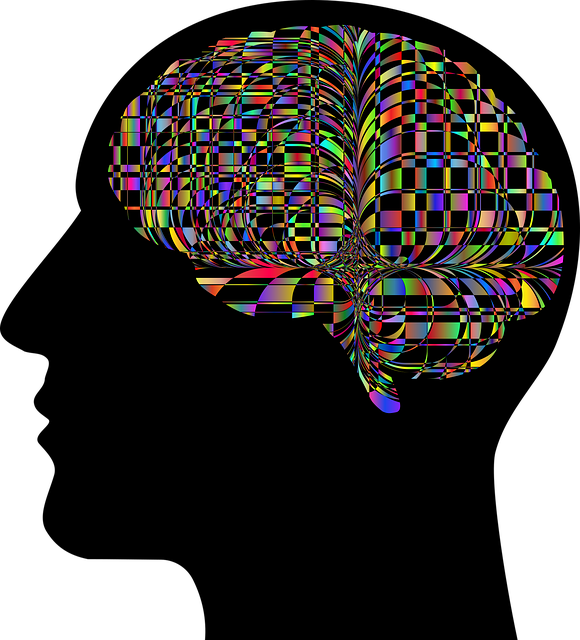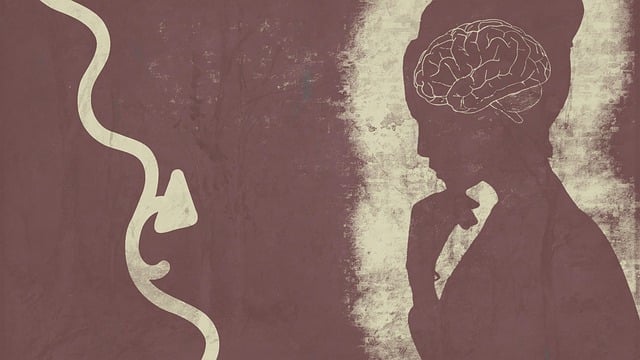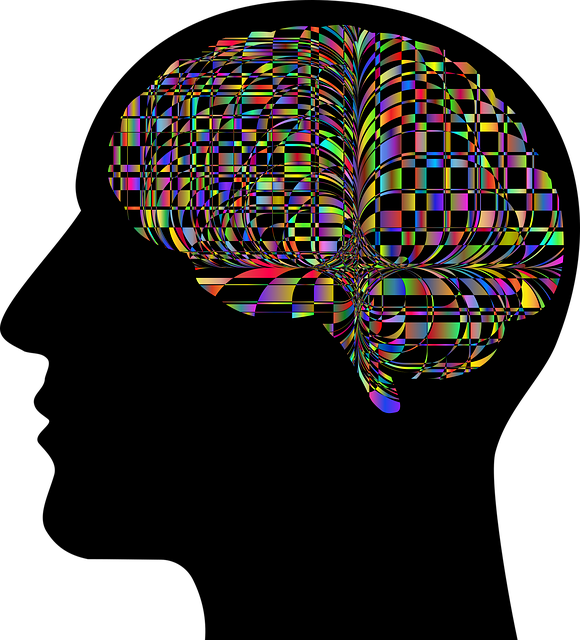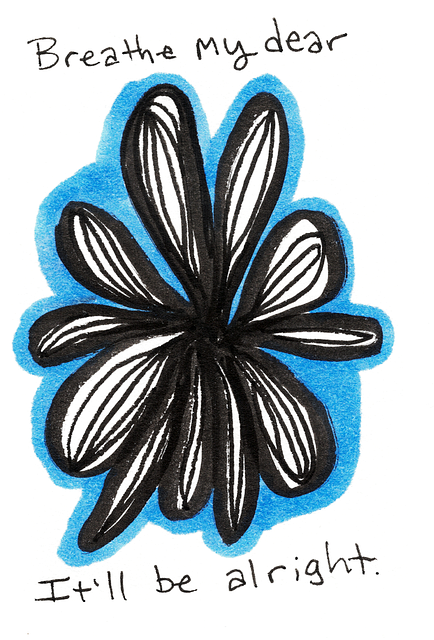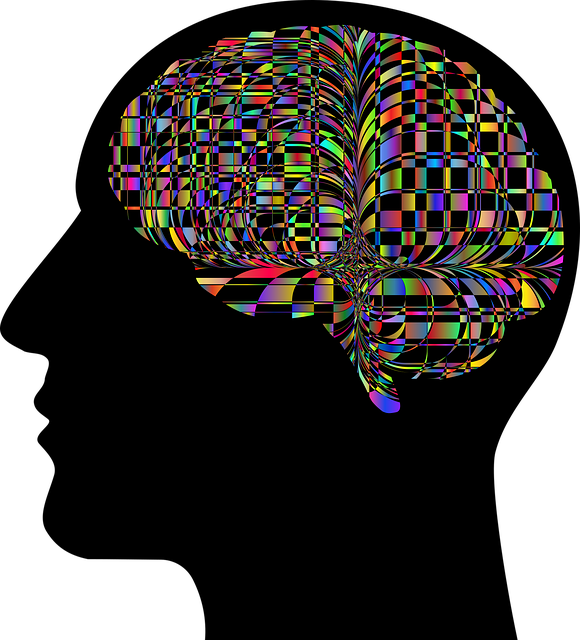The media's portrayal of mental illness significantly impacts public perceptions, with accurate representations being crucial at Northglenn Therapy for Therapists-Clinicians. Media stories can foster empathy and reduce stigma when depicted truthfully, but stereotypes lead to marginalization. Professionals at Northglenn emphasize the need for realistic portrayals through programs like Mind Over Matter training, bridging the gap between media narratives and real-life mental health experiences. This ensures public discourse on mental health is informed, empathetic, and supportive of those seeking therapy. By challenging stereotypes and promoting authentic narratives, therapists at Northglenn contribute to a more nuanced understanding of mental illness and support clients' healing journeys.
Mental illness representation in media significantly influences public perception and can either perpetuate or challenge stigma. This article explores the profound impact of media portrayal on mental health, highlights challenges in accurately depicting mental illnesses, and offers strategies for therapists and clinicians to combat stigma through media. We also delve into Northglenn Therapy Center’s innovative approach, empowering positive change both in media representation and societal mindset. Discover how these efforts contribute to more nuanced understanding and support for individuals living with mental illness.
- Understanding the Impact of Media Portrayal on Mental Health Perception
- Challenges in Depicting Mental Illness Accurately in Media
- Strategies for Therapists and Clinicians to Address Stigma Through Media Representation
- Northglenn Therapy Center's Approach: Empowering Change in Media and Mindset
Understanding the Impact of Media Portrayal on Mental Health Perception

The media’s portrayal of mental illness significantly shapes public perceptions and understanding. This is particularly relevant in Northglenn Therapy communities where therapists and clinicians play a vital role in addressing mental health concerns. When depicted accurately, media stories can foster empathy, reduce stigma, and encourage individuals to seek professional help. However, stereotypes and inaccurate representations can lead to further marginalization and misinformed public opinions. Many mental health conditions are often romanticized or exaggerated for dramatic effect, which may discourage those who truly struggle from identifying with these narratives.
Northglenn Therapy professionals emphasize the importance of realistic media portrayals as a key component in Mental Health Education Programs Design. By promoting cultural competency among healthcare providers through training like the Mind Over Matter Principles, they aim to bridge the gap between media narratives and real-life experiences. These efforts are crucial in ensuring that public discourse on mental health is informed, empathetic, and supportive of those seeking therapy or treatment from therapists and clinicians.
Challenges in Depicting Mental Illness Accurately in Media

The media’s portrayal of mental illness often falls short of accuracy, presenting a significant challenge for Northglenn therapy professionals. Many popular depictions in films and television shows rely on stereotypes or exaggerate symptoms, leading to misinformation for audiences. This can hinder public understanding and sympathy towards individuals struggling with these conditions, creating barriers to access services like those offered by therapists and clinicians.
Emotional healing processes and mood management are crucial aspects of mental wellness that require nuanced representation. Media platforms have the potential to influence perceptions and attitudes, so accurate portrayal is essential. By showcasing realistic scenarios and diverse experiences, media can play a pivotal role in reducing stigma and encouraging help-seeking behaviors. This is where professional therapists and clinicians can contribute by engaging with media outlets, offering expertise, and ensuring content aligns with current research and best practices in mental health treatment.
Strategies for Therapists and Clinicians to Address Stigma Through Media Representation

Therapists and clinicians play a pivotal role in challenging negative media portrayals of mental illness and promoting more accurate, empathetic representations. They can leverage their expertise to engage in critical media analysis with clients, discerning stereotypes and biases while highlighting nuanced, authentic stories. By fostering open conversations about media influence on perceptions of mental health, therapists empower individuals to develop inner strength and cultivate emotional intelligence. This process encourages self-acceptance, challenges internalized stigma, and promotes healthier coping mechanisms.
Additionally, therapists can actively contribute to positive change by advocating for more diverse and accurate portrayals of mental illness in media production. They can offer their professional insights as consultants, ensuring storylines are informed by real-life experiences and avoid simplistic or harmful narratives. Through these strategies, Northglenn Therapy for Therapists-Clinicians can lead the way in transforming public understanding of mental health while supporting individuals on their journeys towards healing and well-being.
Northglenn Therapy Center's Approach: Empowering Change in Media and Mindset

Northglenn Therapy Center offers a unique and empowering approach to tackling mental illness representation in media. By providing specialized therapy for therapists and clinicians, they aim to foster a more accurate and compassionate portrayal of mental health struggles. Through this initiative, Northglenn seeks to challenge harmful stereotypes and promote understanding among both professionals and the general public.
Their strategy involves not only self-awareness exercises for therapists but also the development of public awareness campaigns. By educating both healthcare providers and the wider community, they aim to destigmatize mental illness and encourage early intervention. Additionally, Northglenn Therapy Center focuses on coping skills development, empowering individuals to navigate their mental health journeys with resilience and self-care strategies.
Mental illness representation in media plays a pivotal role in shaping societal perceptions and reducing stigma. By implementing accurate and empathetic strategies, therapists and clinicians can significantly contribute to this cause. Northglenn Therapy Center’s approach emphasizes empowering both the media industry and individual mindsets through evidence-based practices. By fostering open conversations and promoting understanding, we can create a more inclusive and supportive environment for those seeking therapy, ultimately enhancing mental health care accessibility.

